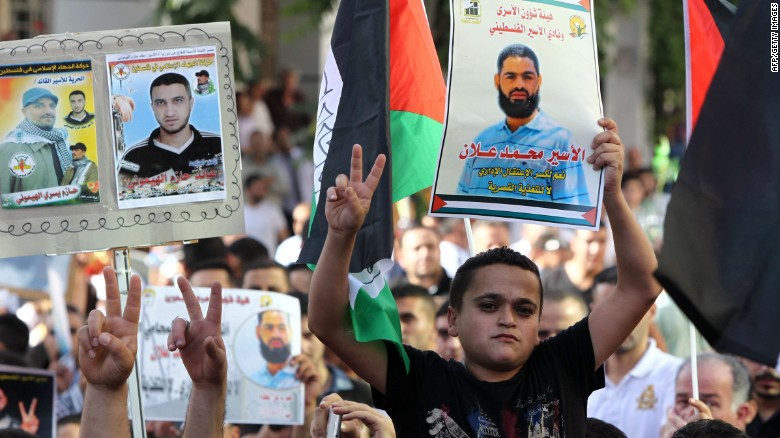By Brittani Howell
Impunity News Desk Reporter, The Middle East
SANA’A, Yemen – Saudi led warplanes bombed Yemen’s capital city, Sana’a, on Friday killing at least 29 people. Bombing continued in Sana’a through Sunday, becoming one of the heaviest bombardments since the coalition began.

On Sunday, 10 people were killed in the province of Ibb as air strikes targeted a military compound. Coalition forces are trying to retake Sana’a from the Houthi rebels so that exiled president Abd Rabbuh Mansur Hadi may return.
On Friday the home of an Omani ambassador was attacked during the fighting, The Saudi-led coalition denies that they attacked the ambassador’s residence.
Brigadier-General Ahmed al-Asiri, military spokesperson for the coalition, stated that he would welcome an investigation as the ambassador’s house could have been hit by a Houthi mortar shell. He stated “One would be able from the beginning to distinguish between a mortar strike and plane strike.”
Friday’s airstrikes targeted Yemen’s Interior Ministry building, but apartment buildings and under passes, of no apparent military value, were also struck.
An apartment building in the UNESCO world heritage site was struck, killing a family of nine. A neighbor, Taha al-Maghribi stated that he did not know why the family had been targeted as they had remained neutral throughout the conflict. In addition, he stated that the apartment building was not close to any military installation.
Critics of the coalition believe the airstrikes that hit the residential areas are part of a deliberate policy to terrorize the population, in hopes that citizens will turn against the Houthi rebels.
On Saturday a 100 people protested in front of the Houthi rebel’s headquarters. The protesters demanded for the release of Mohammed Qahtan, a leader of the Muslim Brotherhood, as well as for the release of others.
Five people were arrested as a result of the protest. Ahmed Moslah, a protester, stated, ”They beat us with batons and heaped insults on us.”
UNICEF, the United Nations child agency was appalled that water supplies, intended to help as many as 11,000 were destroyed in the bombing of a warehouse in Sana’a on Friday. Blame was not assigned, but it is suspected that coalition airstrikes were responsible.
For more information please see:
Al-Jazeera – Coalition-led bombings hit Yemen’s Capital – 20 September 2015
Reuters – Saudi-led Coalition Denies Attacking Home of Oman Envoy to Yemen – 20 September 2015
The Associated Press – Saudi-led Coalition Airstrikes in Yemen’s Capital Kill 29 – 19 September 2015
The New York Times – Arab Coalition Bombs Yemen’s Capital, Killing Dozens – 19 September 2015


